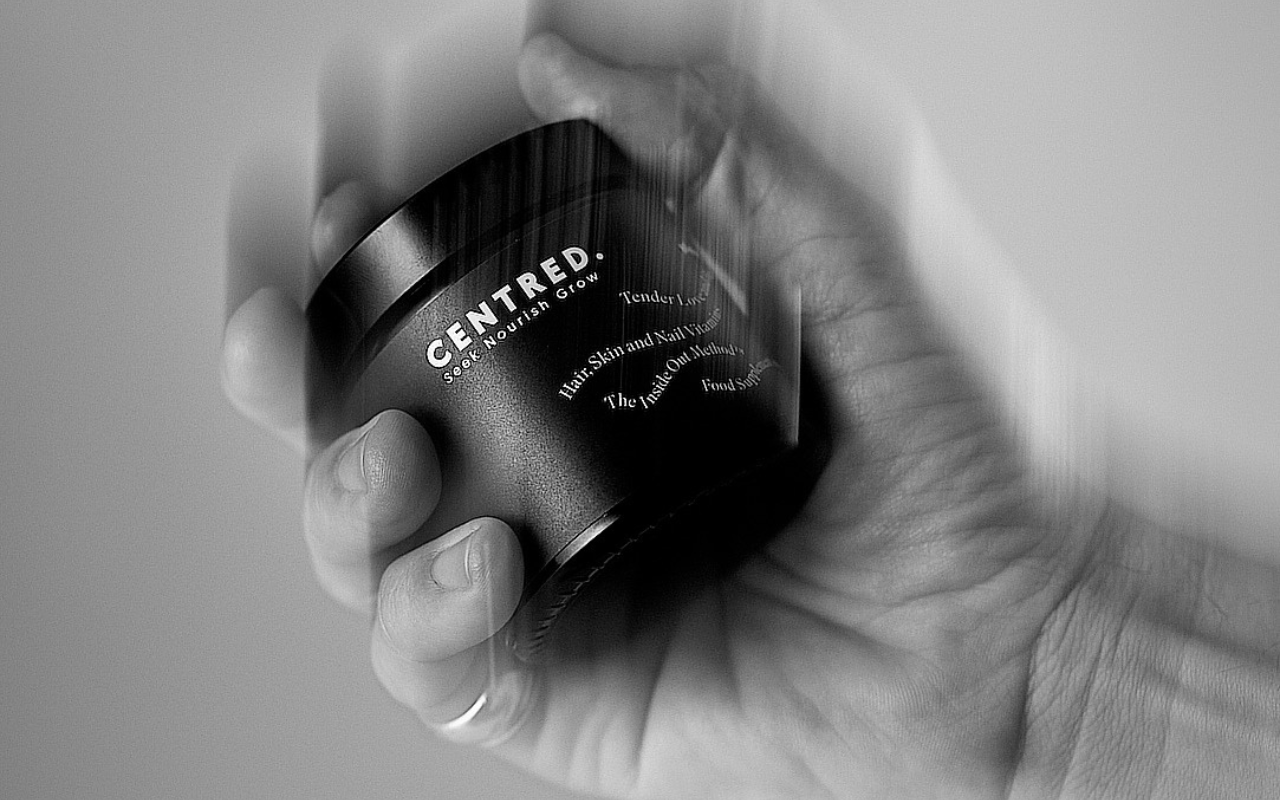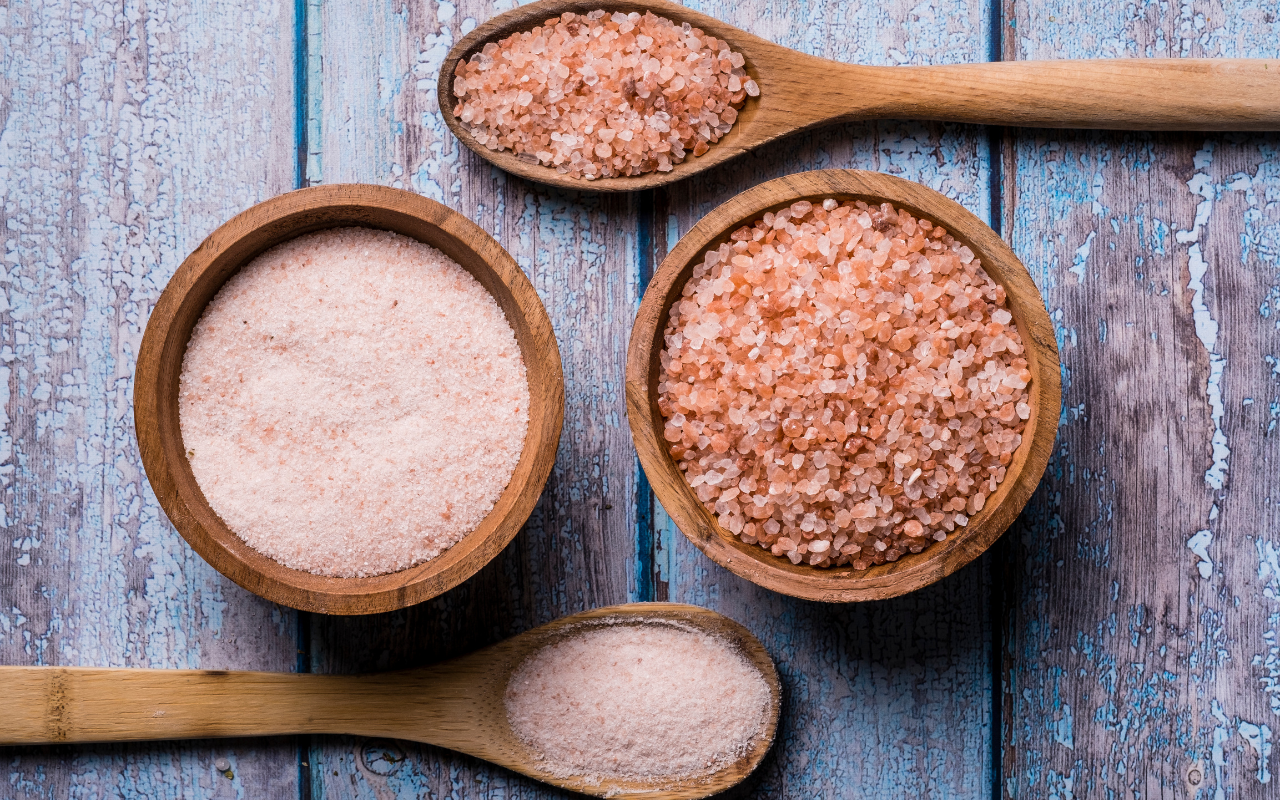Shampoo Secrets Unveiled: Your Guide to Perfect Hair Days
Think washing hair is just a mundane task? Let's elevate it to an art form. With nearly two decades of hair wisdom under our belt, we've seen it all – the good, the bad, and the sudsy. From over-zealous scrubbing to underwhelming results, it's time to wash away those hair mishaps.
Wondering how often to wash, or which shampoo is your hair's soulmate? Whether you’re battling grease or seeking salon-worthy sheen, we've got insider secrets ready to spill. So, let's turn your wash day into a wow day, shall we?"
How often should you wash your hair?
How often to dive into the shampoo suds? Ah, the eternal hair care conundrum. It's not one-size-fits-all; it's a delicate balance, tailored to your hair’s personality. Most locks love a good cleanse every 2-3 days, but hey, it’s your hair’s world, we’re just living in it.
From gym buffs to kitchen maestros, lifestyle choices may nudge you towards more frequent washes. But remember, over-washing is like overdoing the perfume – less is often more. Over-washing can lead to a rebellious scalp, overproducing oil faster than you can say 'greasy'. It's all about finding that sweet spot – enough to keep your hair happy, but not so much that it throws a greasy tantrum."
Why Does My Hair Turn Greasy So Fast?
A sneaky culprit behind that unwanted grease? Your diet. High in refined sugars and fried goodies? It might just be the secret DJ to your scalp's oil production rave. These foods can cause insulin spikes, and you guessed it, disrupt your hormones, leading to an overzealous oil fiesta in your hair glands.
The game plan? Cut down on those sugary and fried temptations. Embrace a diet that's kind to your body and your hair. You might just find that your scalp's oil party calms down a notch or two.
This doesn't mean you can't indulge in a sweet treat ever, we adopt an 80/20 rule, maintaining a diet of whole foods with mainly good fats, fibre and protein 80% of the time and then allowing ourselves to let loose on some tasty treats 20% of the time.
Here's some other reasons you hairs oil eco system could be out of whack:
Overenthusiastic Oil Glands: Dry shampoo's and harsh shampoos laden with SLS's (Sulphates) can be extra drying, causing an oily reaction.
The Conditioner Skip: Dodging conditioner? That's like missing the balancing act in your hair's circus show.
Product Party Fouls: Heavy, oil-based products can be party crashers, making hair limp and greasy.
Hormone Hoedown: Life changes like puberty or menopause can turn your scalp's oil production into a dance party.
Retraining Greasy Hair: A Style & Wellness Remix
Time to remix your hair routine to combat that greasiness. Here's the beat:
Regular Rhythms: Washing every other day helps tune your scalp's oil production.
Gentle Grooves: Sulphate-free shampoos, specially for oily hair, cleanse without stripping your hair’s natural vibe.
Styling Beats: Embrace styles like sleek low buns on 'off' days – think catwalk chic.
Light Product Playlists: Avoid heavy products; if you do use them, keep it light and just at the ends.
Scalp Exfoliation Sessions: Regular scalp detoxes keep things fresh and balanced.
Deep Treatment Tunes: Deep conditioning tunes up your hair's oil harmony.
Dietary Remix: A healthier diet can turn down the oil production dial.
Patience and persistence are key – soon, your hair will be grooving to a less greasy rhythm.
How to choose the right shampoo for your hair
Choosing the right shampoo is crucial – it's essentially a detergent for your scalp, designed to cleanse away oil and dirt. Think of shampoo as your scalp's best friend, but only if it's the right kind. Avoid shampoos that might do more harm than good. It's about finding the one that cleans without stripping away your hair's natural charm and health. The right shampoo should leave your scalp feeling refreshed and your hair looking its best.
Check out our award winning collection of shampoo's here
As shampoos are cleansers, many out there use different active ingredients for the purpose of cleansing hair. One of the most widely used ingredients out there is Sodium Lauryl Sulphates, (SLS)
SLS is a an easy to get hold of, cheap and effective ingredient however it does come with its downsides as Sulphates are so good at removing dirt and grease they don’t know when to stop and can strip the hair and scalp of its own natural oils, leaving hair dry and brittle and the scalp irritated over time.
As an ingredient used it is also a nightmare for those who colour their hair, with studies showing that sulphate heavy shampoos strip out the colour/dye from hair twice as fast as it should fade naturally, therefore not only affecting your hair colour but affecting your purse too, as you need to get the colour done much more often! We have written an entire blog post all about 'Sulphates' you can check it out here:
‘All you need to know about Sulhpate free shampoos'
Should I start using scalp treatments?
Introducing En-Root Scalp Oil to your wash day routine is like finding the missing puzzle piece for optimal scalp health. It’s not just a treat; it’s a game-changer. This oil works wonders by detoxifying and rebalancing your scalp, setting the stage for healthier, happier hair. Regular use can lead to a nourished scalp and more vibrant locks.
Here's a quick guide for using En-Root scalp oil on wash day:
- Apply it to your scalp pre-shampoo.
- Gently massage it in to stimulate and exfoliate.
- Let it soak in and work its magic, then follow with your usual wash routine.
Embrace En-Root Scalp Oil for the ultimate scalp love affair – because a healthy scalp is the foundation for stunning hair.
I hope you've found this article useful. As always we are here to help you in any way we can.
Send us an email hello@wearecentred.com
Follow us @wearecentred




